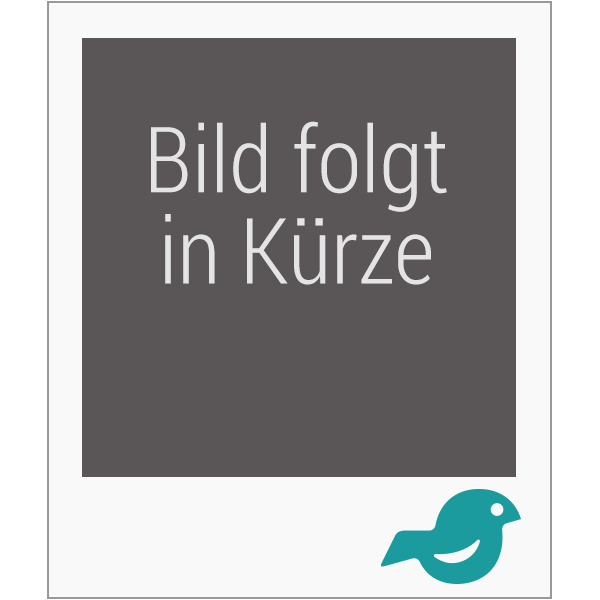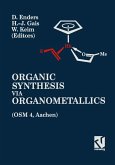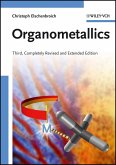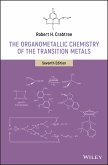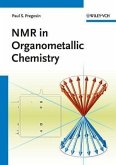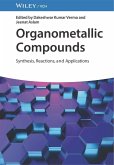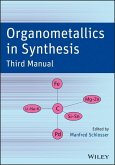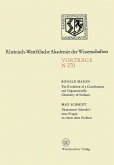The making and breaking of carbon-metal bonds is fundamental to all the processes of organometallic chemistry and metal mediated homogeneous or heterogeneous catalysis. The ever expanding scope of highly specific stoichiometric and catalytic transformations or organic substrates involving metals requires a thorough physical and theoretical understanding of fundamental principles of organometallic structure and reactivity. Diffraction experiments form the basis of tailoring the molecular architecture of organometallic compounds for specific functions. Mass spectrometric techniques possess the power to provide direct information on the energetics of transient species generated in the gas-phase. Computational chemistry with ab initio or density functional methods make a reliable numerical assessment of structures and (relative) energies increasingly feasible. Embedding methods, combining quantum chemistry with force field of semiempirical MO treatments, quantum dynamic studies and the computational modelling of solvent effects extend the utility of the basic methods. This volume in the series Topics in Organometallic Chemistry presents a survey by renowned experts of important experimental and theoretical developments to elucidate basic aspects of bonding, energetics, reaction mechanisms, molecular geometries and solid-state structures of organometallic compounds. Written by authors with frontier research expertise in their fields, both experimental and quantum chemical techniques, methodologies, results and interpretations are detailed in a manner suitable for the non-specialist, who seeks state-of-the-art information in the respective field.
Dieser Download kann aus rechtlichen Gründen nur mit Rechnungsadresse in A, B, BG, CY, CZ, D, DK, EW, E, FIN, F, GR, HR, H, IRL, I, LT, L, LR, M, NL, PL, P, R, S, SLO, SK ausgeliefert werden.

